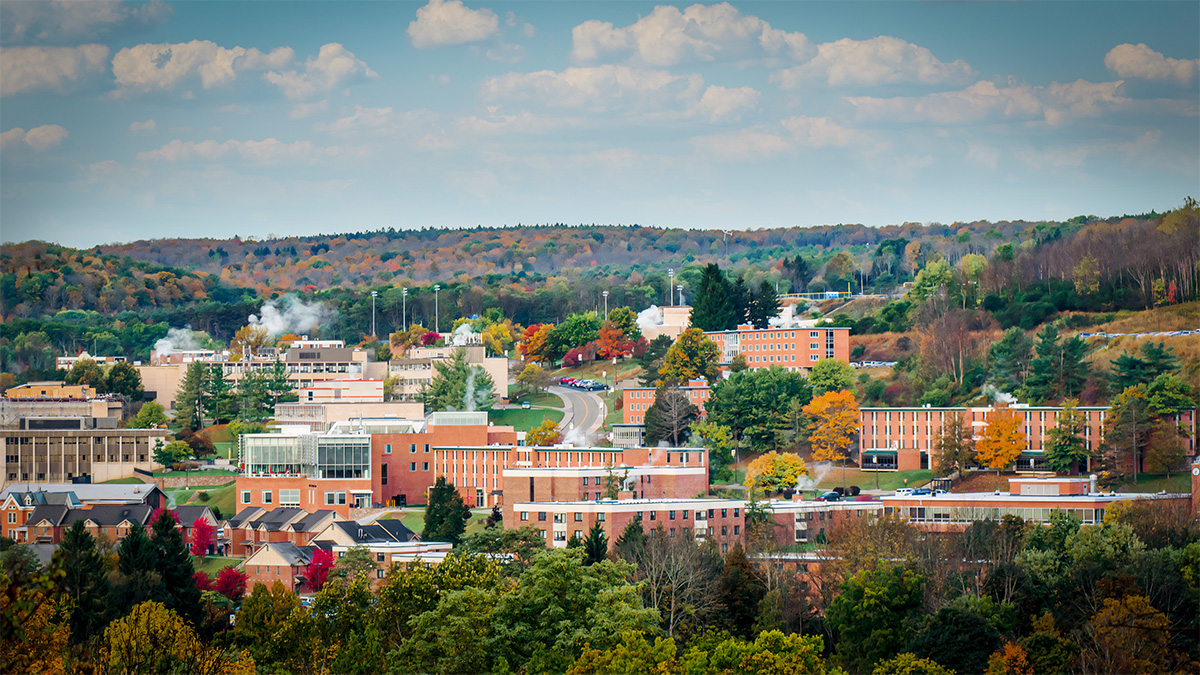
At a glance
US Secretary of Commerce Wilbur Ross recently announced that the Department’s Economic Development Administration (EDA) is awarding a $1.5 million grant to the Research Foundation for The State University of New York, Alfred State College to renovate and expand an existing building to house the Biorefinery Development and Commercialization Center (BDDC).

US Secretary of Commerce Wilbur Ross recently announced that the Department’s Economic Development Administration (EDA) is awarding a $1.5 million grant to the Research Foundation for The State University of New York, Alfred State College to renovate and expand an existing building to house the Biorefinery Development and Commercialization Center (BDDC).
The BDDC will be a research and development center and a commercial scale-up facility focused on developing commercially viable products from wood materials. According to grantee estimates, the project is expected to spur $500,000 in private investment.
“This project supports local leaders’ unflinching efforts to generate greater economic opportunities in New York,” said Ross. “The new Biorefinery Development and Commercialization Center will help the region capitalize on its assets to spur new business growth.”
“We are proud to support this funding for the exciting, innovative new energy project at Alfred State,” said US Rep. Tom Reed, R-Corning. “We care deeply about our neighbors and how this project will provide them additional jobs and opportunities right in our backyard.”
The project will renovate an existing building and build an 18,000-square-foot addition to a privately owned facility located near Alfred in Allegany County to support the operation of the BDDC. The renovated building will facilitate research needed to help advance the commercialization process for products developed from wood materials. The research process is also expected to allow for the construction of other processing plants throughout forested portions of the state to create job opportunities and new markets for wood products.
